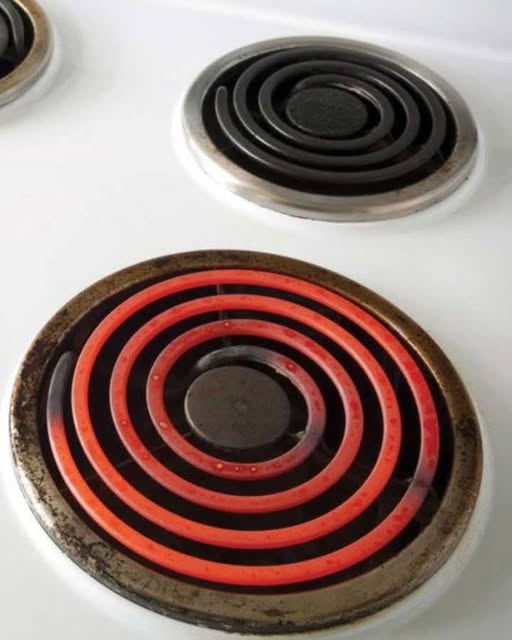ADVERTISEMENT
Heat Loss: Gas stoves can lose heat around the sides of pots and pans, which makes them less efficient compared to electric stoves.
Cleaning: Gas stoves can be harder to clean because of the burner grates and the areas around the flame. Spills can also burn onto the surface, requiring more effort to clean.
Installation and Maintenance: Gas stoves require a natural gas line, which may not be available in every home. They also need regular maintenance to ensure safety, such as checking for gas leaks.
Electric Cooking: Pros and Cons
Pros:
Even Cooking Surface: Electric stoves offer an even and consistent heating surface, especially the flat-top models. This can make cooking more predictable.
Easier to Clean: With no open flames or burners, electric stoves are generally much easier to clean. Many models have smooth surfaces that can be wiped down after cooking.
Energy Efficiency: Electric stoves are usually more energy-efficient in terms of heat transfer because the energy is directly transferred to the cooking vessel through the heating elements.
Safer: Since there are no open flames, electric stoves are considered safer than gas, reducing the risk of fires and gas leaks.
Cons:
ADVERTISEMENT
